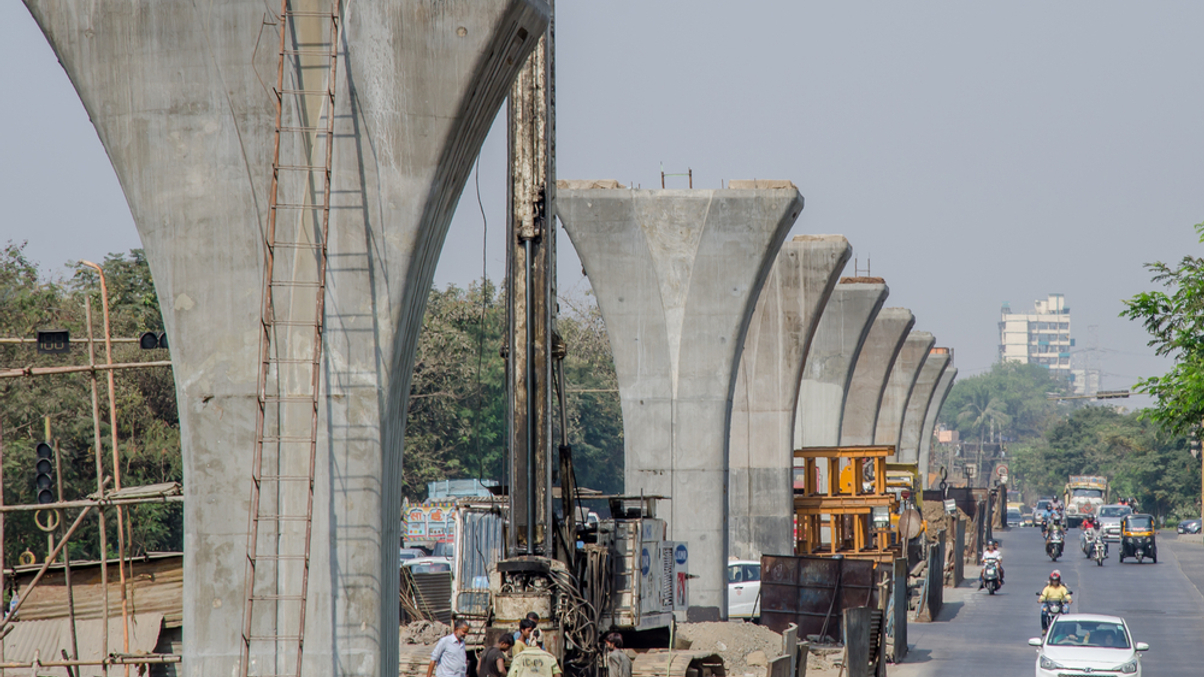Singapore's MAS plans infra push with new vehicles
South and Southeast Asia's infrastructure needs have prompted the central bank to act as a conduit for investment, partly by overseeing the creation of new investment vehicles.

The Monetary Authority of Singapore (MAS) is seeking to create long-duration investment vehicles to channel institutional investor money into infrastructure and related projects in the city state and Southeast Asia, AsianInvestor can reveal.
Sign in to read on!
Registered users get 2 free articles in 30 days.
Subscribers have full unlimited access to AsianInvestor
Not signed up? New users get 2 free articles per month, plus a 7-day unlimited free trial.
¬ Haymarket Media Limited. All rights reserved.


